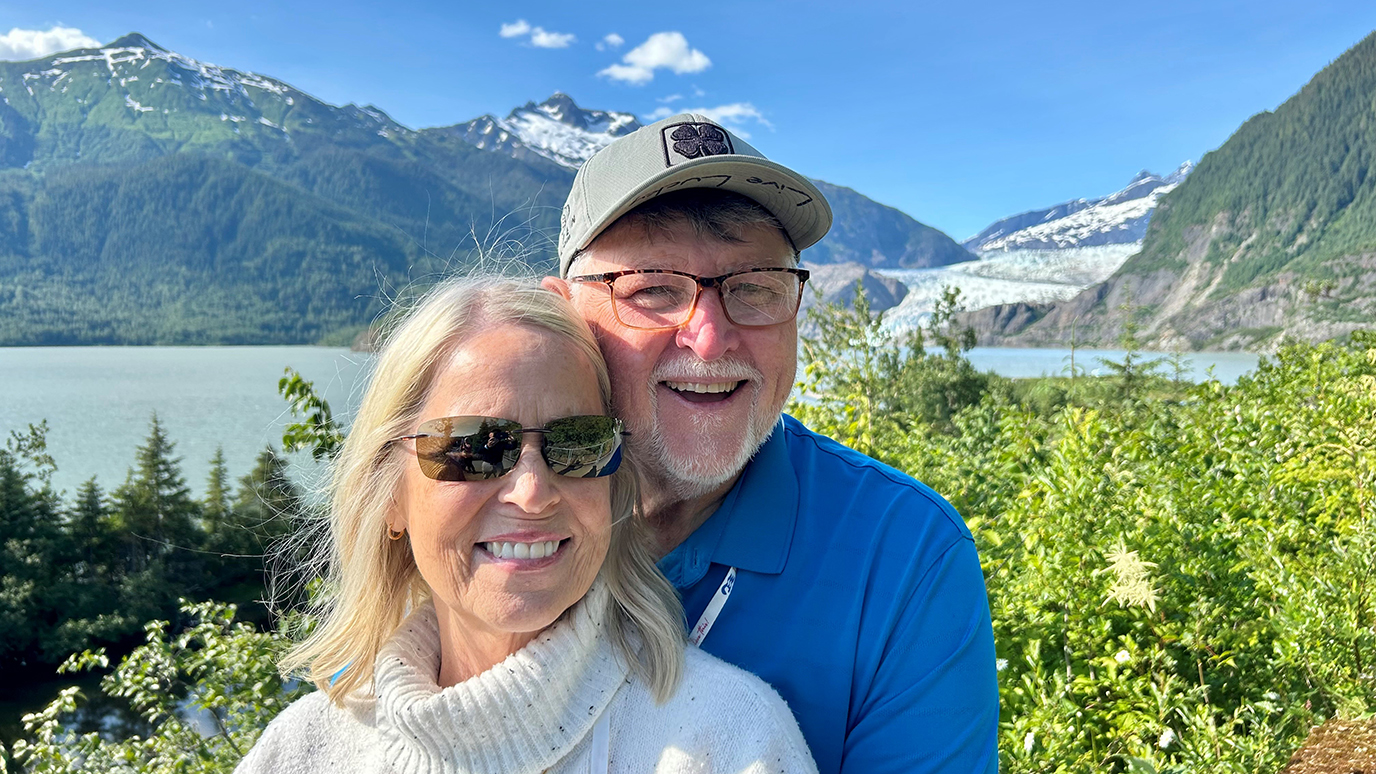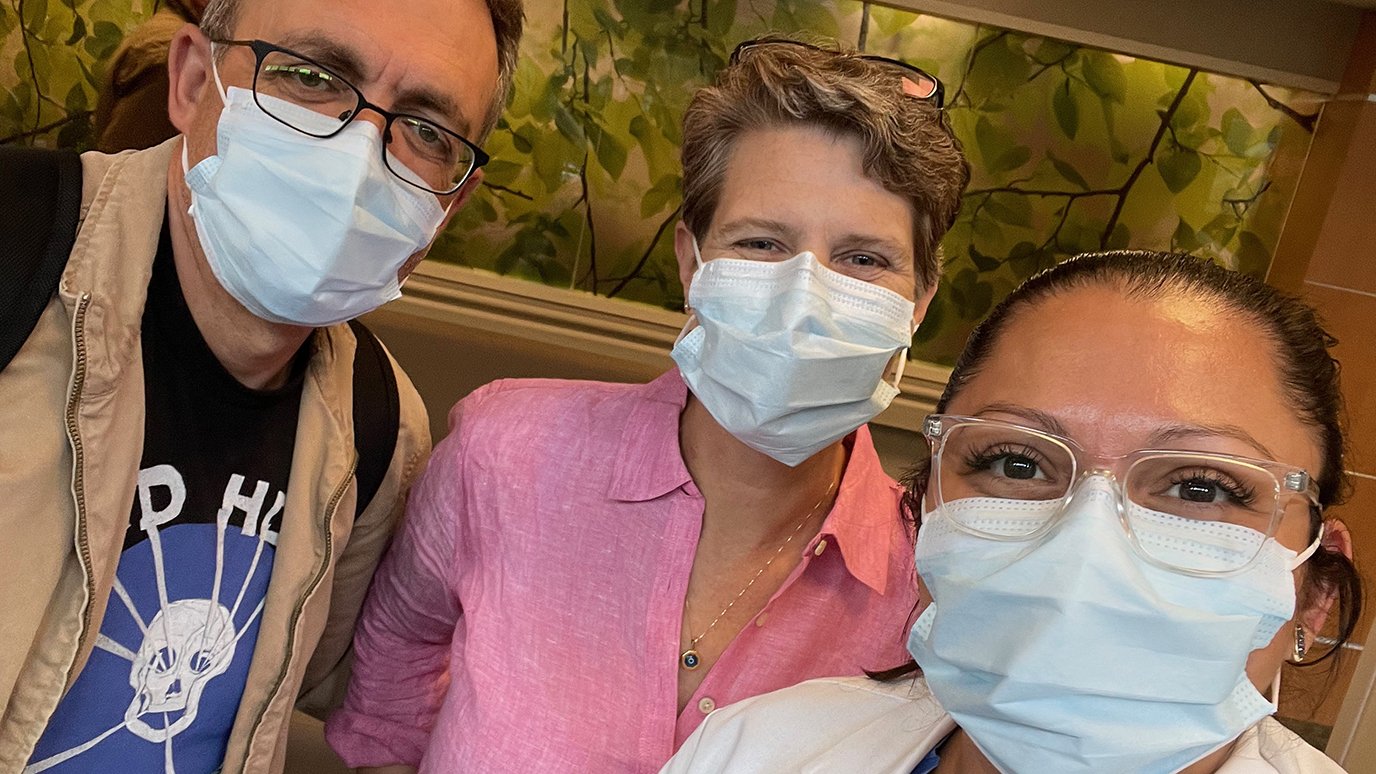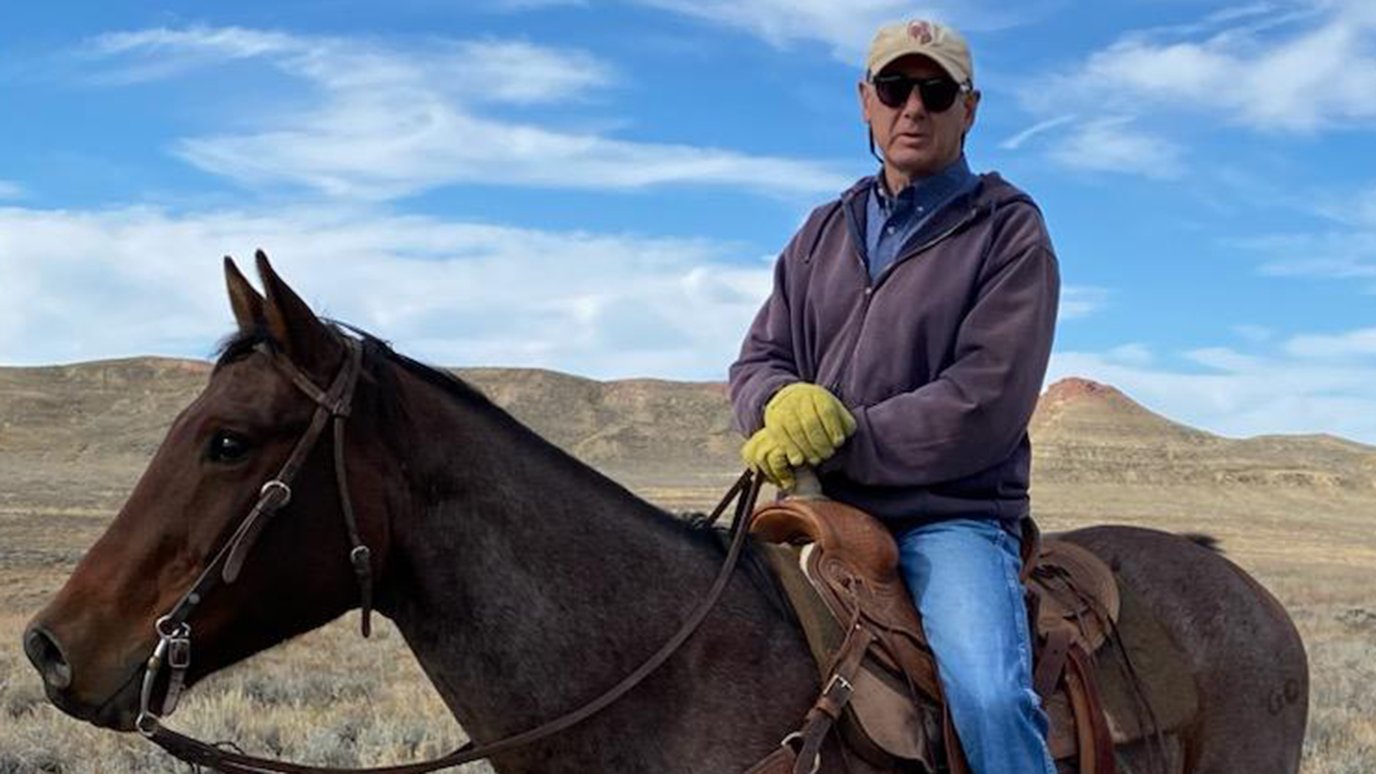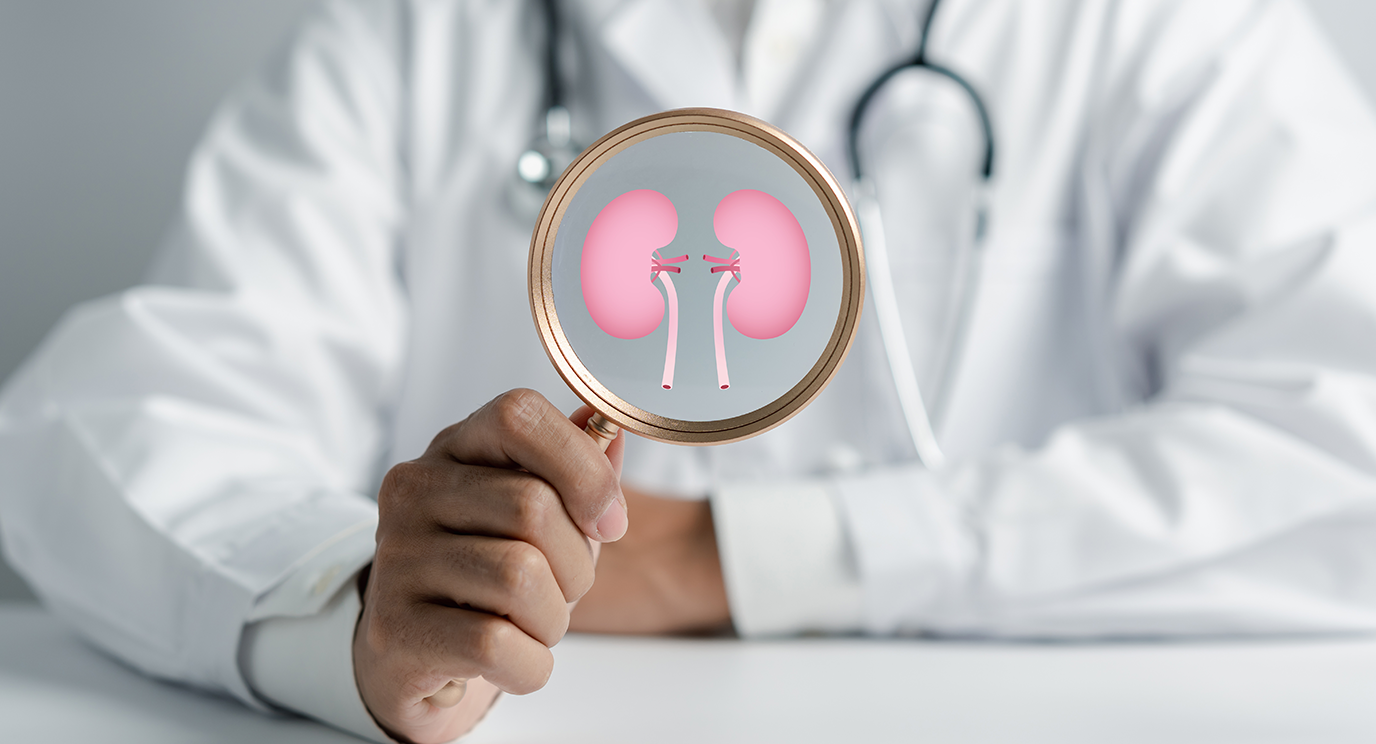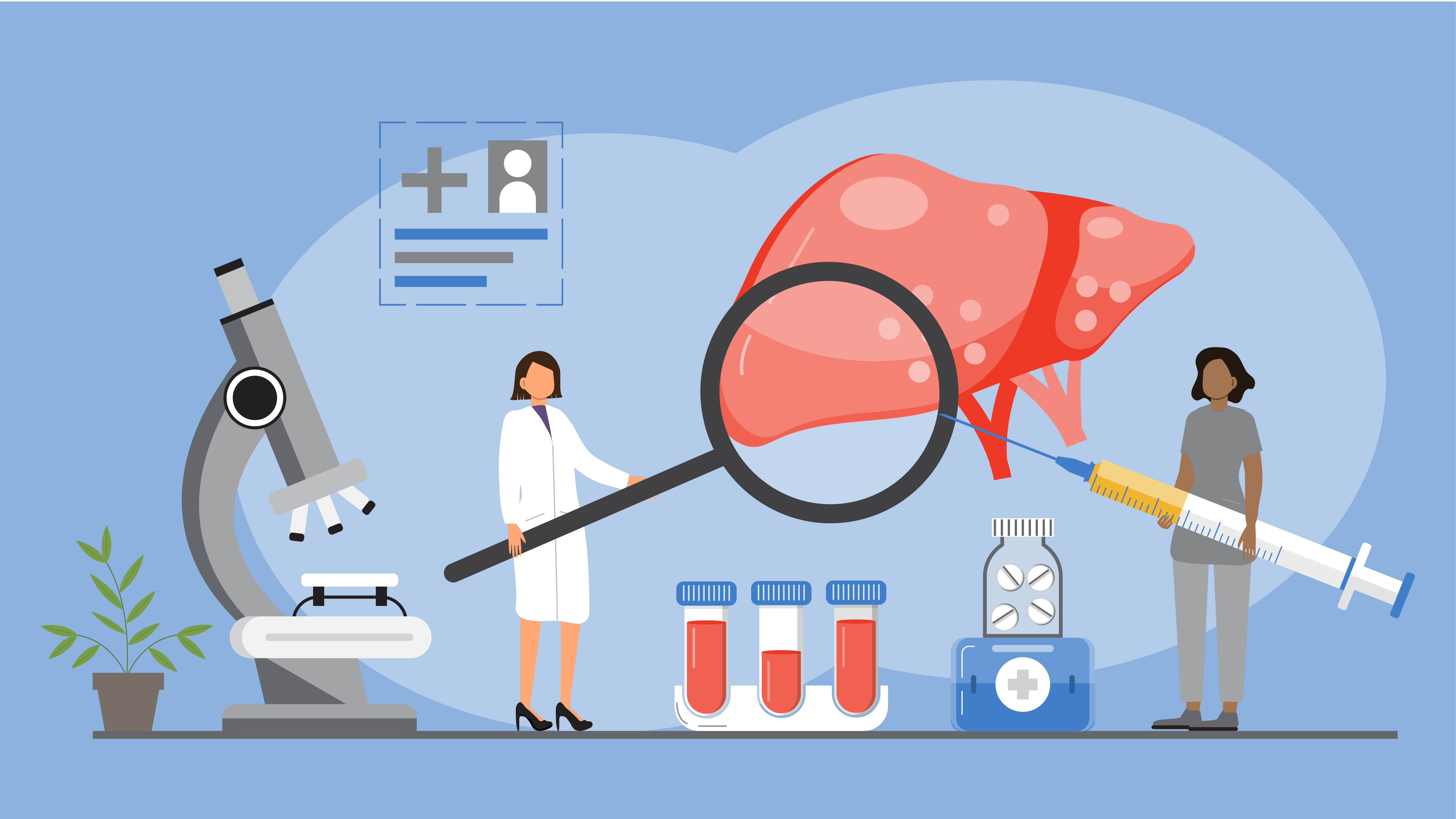- Diseases
- Acoustic Neuroma (14)
- Adrenal Gland Tumor (24)
- Anal Cancer (68)
- Anemia (2)
- Appendix Cancer (16)
- Bile Duct Cancer (26)
- Bladder Cancer (72)
- Brain Metastases (28)
- Brain Tumor (232)
- Breast Cancer (714)
- Breast Implant-Associated Anaplastic Large Cell Lymphoma (2)
- Cancer of Unknown Primary (4)
- Carcinoid Tumor (8)
- Cervical Cancer (160)
- Colon Cancer (166)
- Colorectal Cancer (118)
- Endocrine Tumor (4)
- Esophageal Cancer (44)
- Eye Cancer (36)
- Fallopian Tube Cancer (8)
- Germ Cell Tumor (4)
- Gestational Trophoblastic Disease (2)
- Head and Neck Cancer (14)
- Kidney Cancer (128)
- Leukemia (342)
- Liver Cancer (50)
- Lung Cancer (286)
- Lymphoma (278)
- Mesothelioma (14)
- Metastasis (30)
- Multiple Myeloma (100)
- Myelodysplastic Syndrome (60)
- Myeloproliferative Neoplasm (6)
- Neuroendocrine Tumors (16)
- Oral Cancer (100)
- Ovarian Cancer (172)
- Pancreatic Cancer (160)
- Parathyroid Disease (2)
- Penile Cancer (14)
- Pituitary Tumor (6)
- Prostate Cancer (146)
- Rectal Cancer (58)
- Renal Medullary Carcinoma (6)
- Salivary Gland Cancer (14)
- Sarcoma (238)
- Skin Cancer (296)
- Skull Base Tumors (56)
- Spinal Tumor (12)
- Stomach Cancer (64)
- Testicular Cancer (28)
- Throat Cancer (92)
- Thymoma (6)
- Thyroid Cancer (98)
- Tonsil Cancer (30)
- Uterine Cancer (82)
- Vaginal Cancer (18)
- Vulvar Cancer (20)
- Cancer Topic
- Adolescent and Young Adult Cancer Issues (20)
- Advance Care Planning (12)
- Biostatistics (2)
- Blood Donation (18)
- Bone Health (8)
- COVID-19 (362)
- Cancer Recurrence (120)
- Childhood Cancer Issues (120)
- Clinical Trials (632)
- Complementary Integrative Medicine (22)
- Cytogenetics (2)
- DNA Methylation (4)
- Diagnosis (232)
- Epigenetics (6)
- Fertility (62)
- Follow-up Guidelines (2)
- Health Disparities (14)
- Hereditary Cancer Syndromes (126)
- Immunology (18)
- Li-Fraumeni Syndrome (8)
- Mental Health (116)
- Molecular Diagnostics (8)
- Pain Management (62)
- Palliative Care (8)
- Pathology (10)
- Physical Therapy (18)
- Pregnancy (18)
- Prevention (920)
- Research (392)
- Second Opinion (74)
- Sexuality (16)
- Side Effects (608)
- Sleep Disorders (10)
- Stem Cell Transplantation Cellular Therapy (216)
- Support (402)
- Survivorship (322)
- Symptoms (182)
- Treatment (1786)
Retired oncologist: Four things I’ve learned as a six-time cancer survivor
4 minute read | Published October 04, 2022
Medically Reviewed | Last reviewed by an MD Anderson Cancer Center medical professional on October 04, 2022
As a retired physician, I have several advantages over the average layperson. First, I can understand the medical jargon used by other doctors. Second, my specialty is radiation oncology, so I’m very familiar with both cancer and its treatment. And third, I know how to be my own advocate in medical situations.
But I’m also a six-time cancer survivor. Here are some things I’ve learned as a patient that might be useful to anyone else facing cancer.
Be proactive about side effect prevention
One thing that helped me make chemotherapy more manageable was knowing what the side effects of the drugs were likely to be — and taking the prescribed medications in advance to stave them off.
Some patients might think, “Well, I’m not feeling nauseated today, so I’ll just skip a dose.” But then, by the time nausea hits you, you’re having to play catch-up and wait out the discomfort. That’s no fun.
When I was being treated with chemotherapy for pancreatic cancer, all three of the drugs in the infusions I was given — oxaliplatin, irinotecan and 5-fluorouracil (5-FU) — were known to cause diarrhea. So, I started a low-residue diet to try to prevent it. I also took ondansetron, a common medication used to control nausea, which can constipate you. So, I ended up in the ER during my first round of chemo. I wasn’t impacted. Things just weren’t moving. Once the nurses gave me an enema, though, I was fine.
The second time around, I got smarter. I started taking an over-the-counter stool softener and laxatives. As a result, I was able to eat a regular diet and I never lost any weight. I also never had any more trouble with constipation. That taught me not every patient has the same side effects from treatment.
Find your support system
Even at a place like MD Anderson, where faculty and staff are double- and triple-checking things, it’s wise to have an extra set of ears around.
Because even when a doctor or nurse is the very best at explaining things, if whatever they’re saying just isn’t registering, or you can’t retain it because you’re too distracted or stressed out, it’s not going to be of any benefit. So, it’s always a good idea to bring another person along, if only so they can hear whatever’s being said, and make sure the right follow-up questions are being asked.
People can support you in other ways, too. I got my chemo infusions first thing on Monday mornings. That meant going in even earlier to do the bloodwork that would show if I was healthy enough to continue treatment.
My wife didn’t want me to be alone during my infusions. But I didn’t want her to lose sleep. So, I had a friend pick me up in the mornings and drop me off early at the hospital. That way, my wife could get her rest and also be with me when it was really important to her.
Be a good communicator
MD Anderson is known for its multidisciplinary approach, where specialists from many different areas come together to decide on the best treatment plan for you. They work together throughout your treatment to manage your care.
But I believe that the more I can tell my doctors, the easier it will be for them to take care of me. So, I never assumed that the communication between my doctors would be perfect. I constantly sent notes to my doctors via MyChart, to update them on what the other ones were doing or had found.
Focus on the positive
You might think I’d be worried all the time now, after being diagnosed with so many cancers. However, I am good at “compartmentalizing.” And there’s no point in obsessing over things you can’t control.
Besides, I’d feel guilty feeling sorry for myself, when so many other people go through so much worse. The only lingering side effect I have now is mild peripheral neuropathy – nerve damage that causes tingling and numbness in my hands and feet. But it doesn’t impair my ability to drive or exercise. And other than some arthritis in my lower back, I feel great.
I do still get nervous a few days before my follow-up CT scans. But the rest of the time, I’m not even thinking about the fact that I’ve had all these cancers. No one lives forever. And I’m 77 years old, with a wonderful wife, two grown daughters, two grandsons, and a fulfilling career as a physician. I’ve had a good run, no matter what the future might hold.
Request an appointment at MD Anderson online or by calling 1-877-632-6789.
Related Cancerwise Stories

The more I can tell my doctors, the easier it will be for them to take care of me.
Arthur Hamberger, M.D.
Survivor

